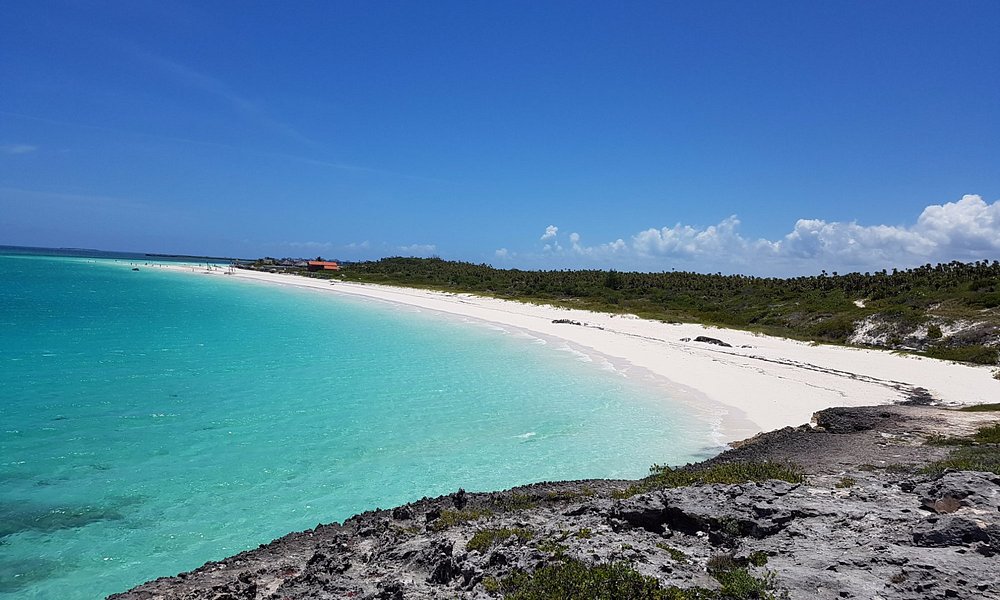
The elimination of invasive exotic species and the establishment of native plants, contributed to the rehabilitation of coastal dunes and the increase in the quality of tourism in destination the Jardines del Rey, which has less eroded beaches and a greater diversity of species in the flora and fauna.
From the production of Canavalia rosea in an experimental plant nursery of the Bio-products Research Center (CIBA by its Spanish initials), the introduction of this species was expanded, with ornamental potential in the revegetation of these natural environments, as a contribution to the preservation of ecosystem services.
"The restoration of areas degraded by tourism development constitutes an essential task to combat habitat fragmentation and recover the capacity of the ecosystem services of the coastal dunes. In the Sol Coco-Pullman sector (beach Las Coloradas), route benefited with sand dumping in 2016, the composition of the flora and anthropic activities as a basis for future actions in the rehabilitation of coastal dunes was determined.
"The invasiveness, forms of life, frequency and relative density of species, diversity of families, as well as plant coverage were determined”, the final report of the project Rehabilitation of coastal dunes in the archipegalo Jardines del Rey highlights.
The study also made possible to improve protocols for the reproduction of native plants of sandy coast vegetation in plant nursery, the decrease by 1,350 square meters (m2) of erosion induced by anthropogenic factors, through the establishment of native plants on dunes formed after dumping of sand; and the reduction of 21 550 m2 of invasive exotic species in the intervention areas.
Likewise, a growth of autochthonous biodiversity was verified in a 16%, a contribution to Emprestur's corporate purpose was achieved with the donation of more than 700 Canavalia rosea postures, and a change was appreciated in the perception of tourists and customers about the need to preserve these natural environments.
"The results have increased knowledge on this subject in the Cays, which contributes to greater sustainability of these ecosystems, ” the report says.
This research is part of the strategies of the Life Task in the province of Ciego de Ávila. It responds directly to conservation, maintenance and comprehensive recovery of sandy beaches.
The coastal dunes have high ecological, economic and social value. In these ecosystems the plant cover participates in the fixation of the sand, achieving stabilization and suitable ecological conditions for the gradual recovery of floristic diversity. The process of colonization of the dunes by plants in a natural way is slow, therefore the production of key native plants is necessary in the formation of these ecosystems.
Production of Canavalia rosea on tubes won the National Award for the Academy of Sciences of Cuba, in 2020, for its contribution to the ecosystem services of coastal dunes.
